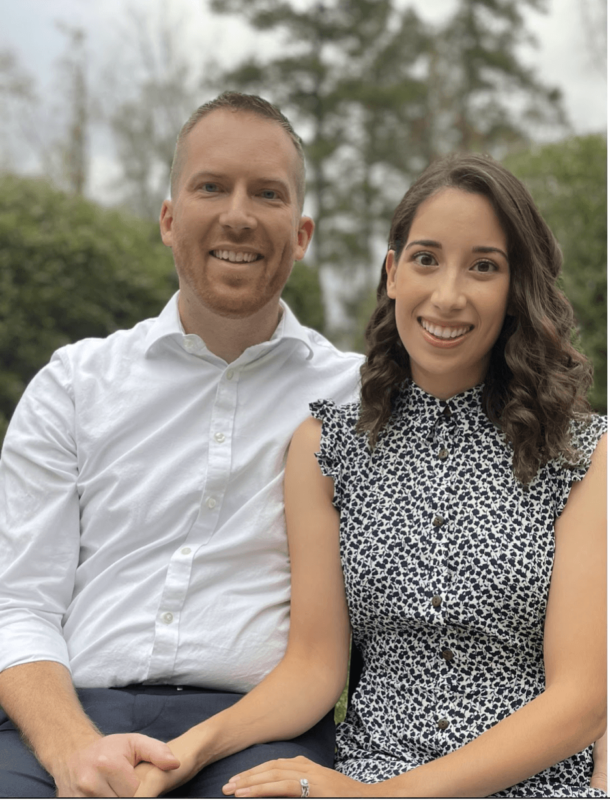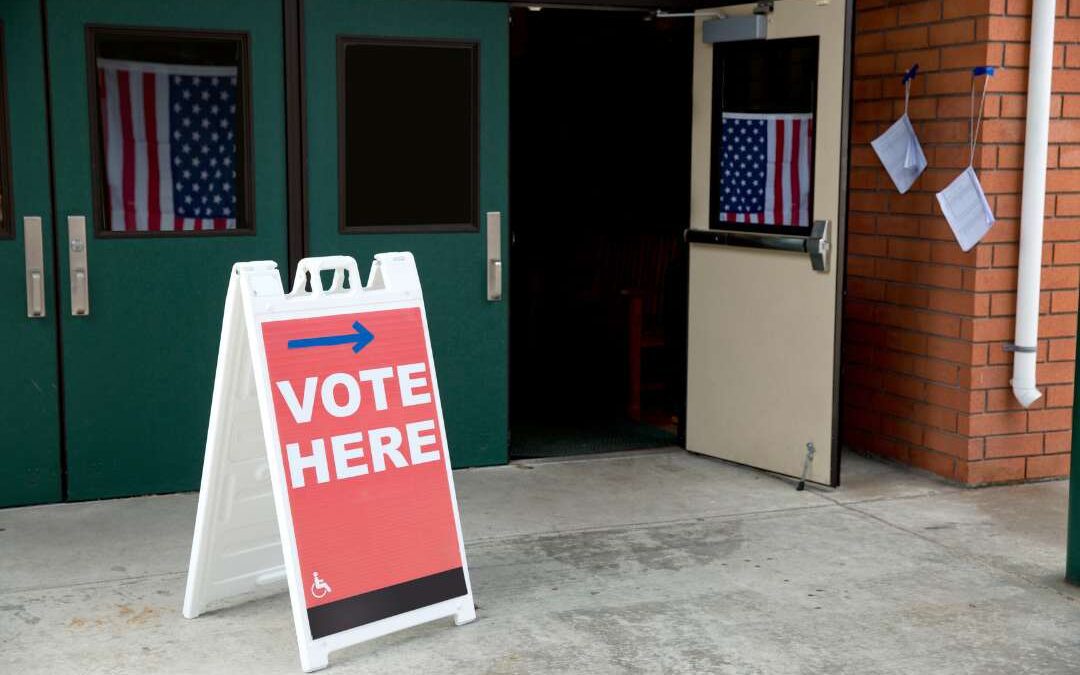It’s hard to talk about racial injustice, isn’t it? Undoubtedly there are many factors contributing to this difficulty, ranging from personal experience to political affiliation to one’s understanding and interpretation of history. One powerful factor is the philosophical tension between personal responsibility and societal (or cultural) influence. As we seek a just society (racial justice), how should we expect people and institutions to change?
To answer this question, our contention is that Scripture places the ultimate origin point of racial injustice within the heart of the individual. This should not be understood as a minimization of the importance of understanding systemic issues within society. Nor do we believe that preaching the gospel is the only necessary action for Christians to take to unravel the complex knot of racial injustice in our culture. However, though the various expressions of racial injustice are often more than simply a pattern of individual sin, they are never less.
The Heart & Injustice
The Bible clearly traces the headwaters of injustice back to the hearts of men and women. Consider words from the psalmist and from Jesus:
Do you really speak righteously, you mighty ones? Do you judge people fairly? No, you practice injustice in your hearts; with your hands you weigh out violence in the land. (Psalms 58:1–2)
For from the heart come evil thoughts, murders, adulteries, sexual immoralities, thefts, false testimonies, slander. (Matthew 15:19)
While neither of these passages mention the words “racism” or “prejudice,” their words form a web of troubles that are pervasive in injustice: hatred, a biased legal system, violence and murder, sexual exploitation, deprivation of property, racial epithets, and demeaning stereotypes. In both cases, the Scripture directs the ultimate origin point of such evils not at culture or demonic influence, but the hearts of people.
What Is the Heart?
If we’re to rightly understand the Bible’s teaching on the ultimate origin point of racial injustice, then the immediate question that we must answer is this: What exactly is the “heart”? We usually use this word to stand for our desires, emotions, or passion in contemporary English. A determined sports team plays with heart. We marry someone because they have captivated our heart. We speak of knowing God not just with our minds, but with our hearts.
If the term “heart” was used in the Bible the same way it was used in contemporary English, we would have a very different diagnosis of the trouble behind racial injustice. If “heart” stands for our emotions, desires, and passions, then the Bible would be teaching that racial injustice is ultimately rooted in humans letting their emotions run roughshod over their reason. Education and stoic reasoning would be the primary way to cure issues of racial injustice.
The Bible’s picture of the heart is quite a bit broader than just our emotions. Biblically, the heart is our inner person, the immaterial substance that is also sometimes called the “soul” or the “spirit.” According to the Scriptures, our heart is the source of all of our thoughts and intentions (Hebrews 4:12; Luke 5:22; Jeremiah 4:14), our emotions and desires (Romans 9:2; 1 Samuel 1:8; Jeremiah 8:18), and our choices and behaviors (Matthew 15:18–20; Psalm 58:2; Proverbs 24:2). The heart is thus the core of who we are as people, encompassing the full range of human functioning.
Racial Injustice & the Heart
Racially unjust thoughts exist because the heart is corrupt. The desire to exploit other human beings for the sake of personal gain or feelings of superiority exist because the heart is corrupt. Discriminatory actions play out in life because the heart is corrupt. When human beings sin, they sin from the heart.
Recognizing the heart as central to racial injustice is essential because if the ultimate problem is rooted in spiritual brokenness, then our ultimate hope must lie in spiritual renewal. Because racial injustice comes from within us, we need the grace of our triune God to transform our diamond-hard hearts by the Holy Spirit. (Zechariah 7:12; Deuteronomy 30:6; Jeremiah 4:4, 14; 24:7; Ezekiel 11:19; 36:24–36). There is a measure of temporal good that can come from seeking societal change without explicitly preaching the gospel. But a biblical view of the heart teaches that if we ignore man’s spiritual corruption, we overlook the toxic headwaters that serve to produce racial injustice downstream.
According to the Scriptures, God’s transformation of the heart is multifaceted. The racially unjust heart sins ultimately against God (Psalm 51:4), the one who himself loves justice (Isaiah 61:8).
Through regeneration, God brings the heart to spiritual life, replacing the spiritual death that is our natural condition. He then progressively sanctifies our hearts, growing us in godliness. These changes lead to transformed thoughts, desires, and actions (Ephesians 2:7–10). Indeed, the kind of sincerely brotherly love that strikes at the root of racial injustice is a product of God’s work in our hearts to knit together people who otherwise might be divided by their diversity of cultures, influences, and perspectives (1 Peter 1:22–23).(1)
Working for a just society is a necessary part of living as a Christian (see Jeremiah 7:5–7). As Christians, we do well to work hard to affect police reform, roll back unjust laws and interpretations of laws, and change the way in which we speak of those unlike us. However, the ultimate root of all these troubles may be found in the ever-deceptive human heart.
Culture is built brick by brick by the hearts of a nation’s people. “Just preach the gospel” is not a panacea for culture troubles. But any vision for cultural change that gives no place of importance to Jesus Christ changing people by transforming their hearts reduces our hope that any change may occur.
(1) Unfortunately, the American church’s historical complicity in the enslavement, exploitation, and discrimination against ethnic minorities does not speak well to the transformative power of God in the category of racial injustice. However, we would encourage readers to look at the broader sweep of human history and the impact Christianity has had globally across the last two millennia as evidence of how God’s truth impacts the matters of societal justice.
Prayer Requests:
- Pray for personal heart transformation as you search and confront your heart: “But You know me, O Lord; You see me; And You examine my heart’s attitude toward You” (Jeremiah 12:3a). “Search me, O God, and know my heart! Try me and know my thoughts! And see if there be any grievous way in me and lead me in the way everlasting!” (Psalm 139:23–24).
- Pray with us that the gospel of grace would go forth, purify, and make new the racially unjust heart.
- Pray for those who are suffering from the oppression of racial injustice, that they would entrust their cause to God: “O Lord of hosts, who tests the righteous, who sees the heart and the mind, let me see your vengeance upon them, for to you I have committed my cause” (Jeremiah 20:12; cf. Romans 12:19).











